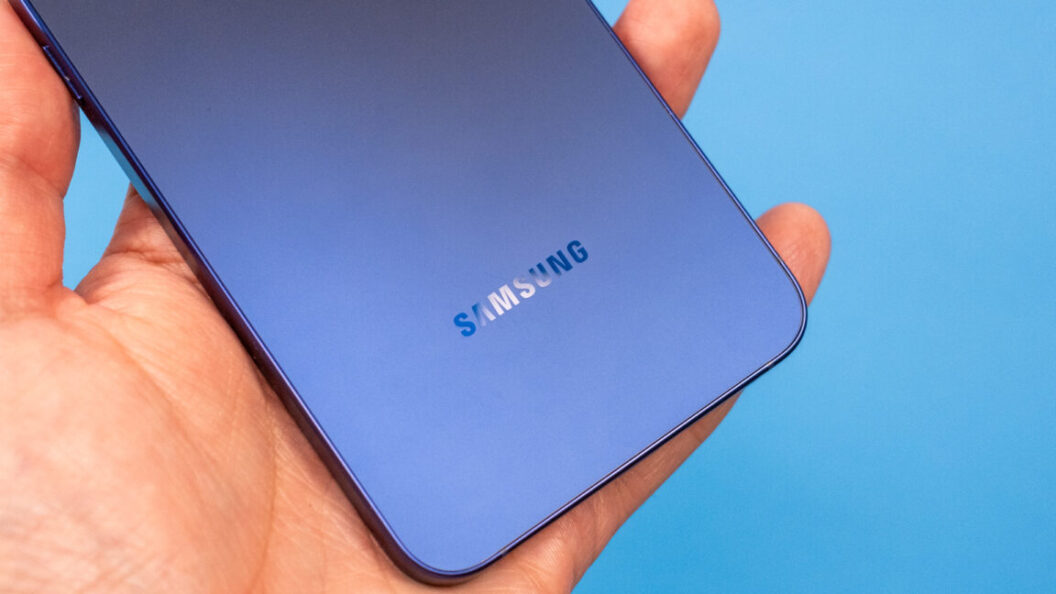Epic Games and Samsung Settle Legal Dispute Ahead of Phone Launch
Introduction
Epic Games, riding high on the success of its flagship title, Fortnite, has taken significant legal strides in the mobile app industry over the past few years. After a noteworthy antitrust victory against Google in late 2023, the company shifted its focus to Samsung, challenging its implementation of the "Auto Blocker" feature on Android phones. This feature posed a potential barrier for users wanting to install the Epic Games Store. Recently, Epic and Samsung announced a settlement just days ahead of Samsung’s highly anticipated phone launch event.
Background of the Dispute
The clash between Epic Games and major tech platforms began several years ago when Epic defied Apple and Google’s payment policies with Fortnite. Both Apple and Google temporarily removed the game from their stores, prompting Epic to file lawsuits against both companies. The outcome differed significantly: while Epic lost its case against Apple, it secured a victory against Google, demonstrating that the tech giant had engaged in practices meant to limit competition from alternative app stores like Epic’s.
While Google continues to seek ways to mitigate penalties from that ruling, Epic considered Samsung’s actions akin to a similar threat. Last year, the company accused Samsung of launching the Auto Blocker feature, which is designed to enhance user security but significantly hampers the installation of third-party applications.
Understanding Auto Blocker
The Auto Blocker feature rolled out by Samsung serves multiple purposes. It aims to enhance the security of its devices by protecting users from malicious threats over USB, disabling link previews, and increasing the frequency of app scans to detect harmful software. However, the feature’s most controversial aspect is its restriction on app sideloading. Sideloading is the process of installing applications directly rather than through official app stores, and without it, the Epic Games Store cannot be accessed or installed on Samsung devices.
The Terms of the Settlement
While specific details of the settlement between Epic and Samsung have not been disclosed, sources indicate that it includes some adjustments to Samsung’s implementation of the Auto Blocker. This development is crucial for both parties: Epic gains an upper hand in expanding its marketplace accessibility, while Samsung can avoid prolonged litigation and potential damage to its brand image just before the launch of new devices.
Impact on the Mobile App Ecosystem
This settlement signifies a pivotal moment in the ongoing legal battles that shape the mobile application landscape. As Epic Games continues to advocate for open access to digital platforms, the implications of this case could reverberate throughout the tech industry. It highlights the challenges that major tech companies face as they attempt to balance user security with competitive fairness.
Controversial Aspects and Industry Reactions
Notably, the legal challenges posed by Epic Games raise questions about whether enhanced security measures can justify limiting consumer choice. Critics argue that features like Auto Blocker could be perceived as monopolistic, aiming to protect a limited ecosystem rather than ensuring broader user safety. Conversely, defenders of such security measures contend that they are necessary to protect consumers from increasingly sophisticated cyber threats.
Conclusion: A Strategic Shift for Epic and Samsung
The resolution of this legal dispute serves both as a strategic pivot for Epic Games as it seeks to forge its path in the mobile environment and as a reminder of the scrutiny tech giants face over their practices. As Samsung prepares to unveil its new devices, the adaptation of its security measures will be closely monitored by industry observers and consumers alike. The outcome of this case not only affects Epic and Samsung but may also reshape the broader landscape of mobile applications, where competition for users—and their data—continues to intensify.
In a market driven by both innovation and competition, this settlement could foster an environment where open access to digital platforms becomes a reality, benefiting both developers and consumers.









